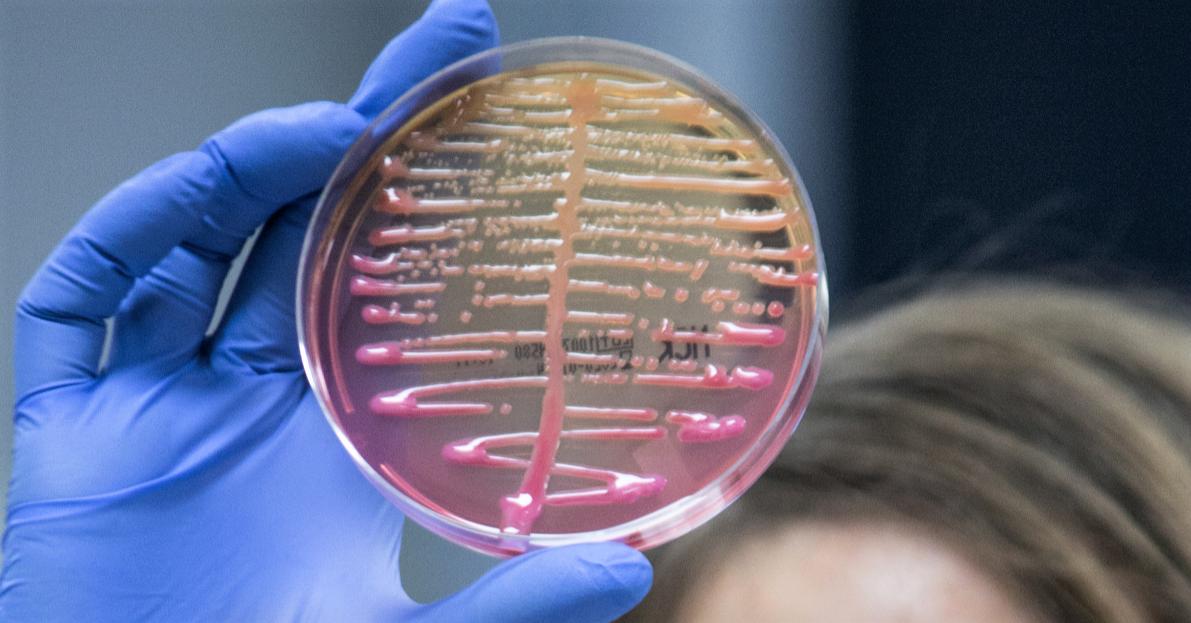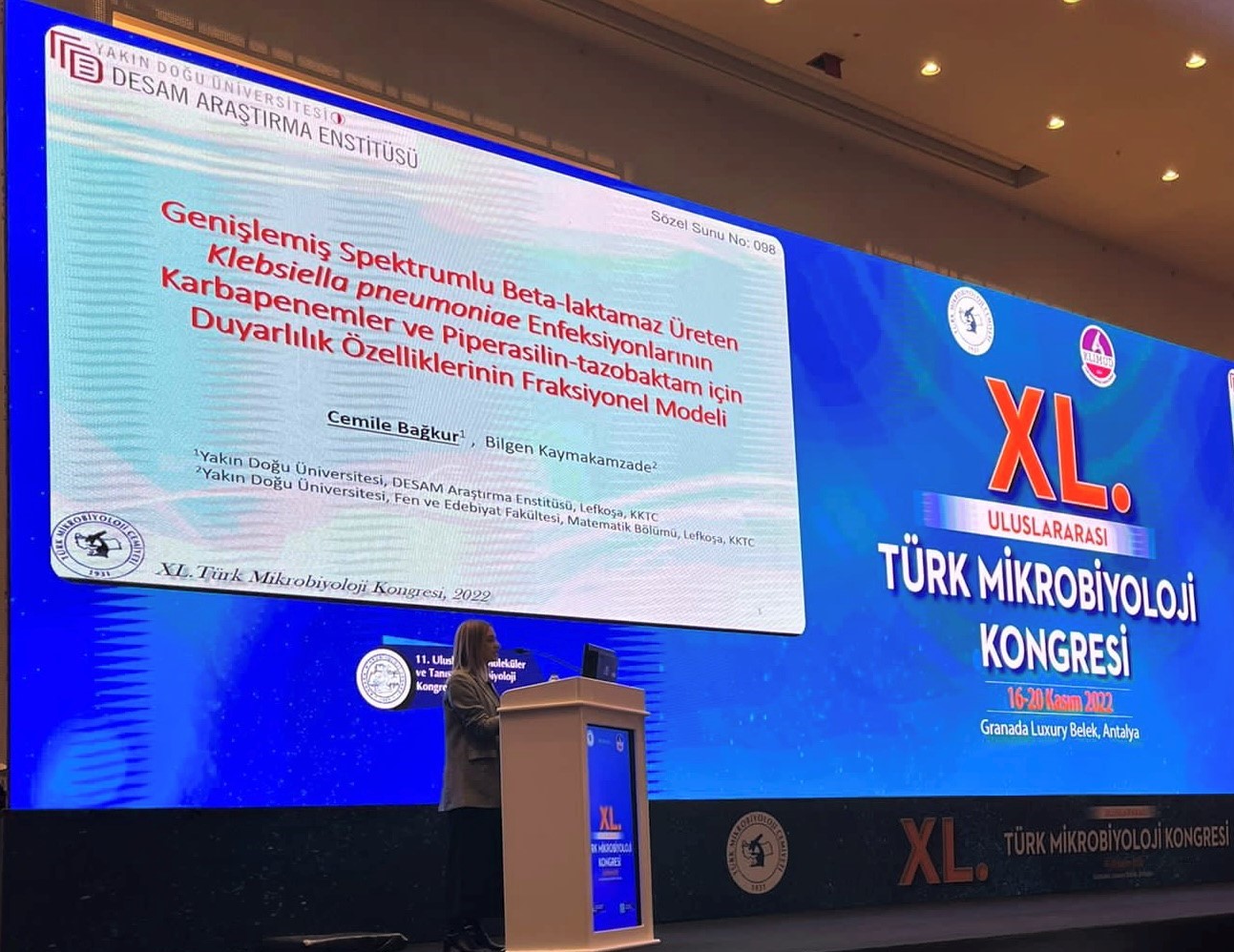
According to the results of the studies carried out by the Near East University academics showing the 35-year projection, tesistant strains of “Klebsiella pneumoniae” bacteria, which cause blood, wound and urinary tract infections, as well as diseases such as meningitis and pneumonia, will become completely resistant to antibiotics after 5 years. This can increase mortality rates in infectious diseases caused by this bacterium!
Antibiotics are of critical importance to eliminate the negative effects of bacteria that cause many infectious diseases in the human body and to prevent the spread of infections. However, the excessive and uncontrolled use of antibiotics for a long time causes the antibiotics used in treatment to become less effective against certain infections and the emergence of bacteria resistant to many different antibiotics. This turns the treatment of infectious diseases into a serious struggle. On the other hand, the resistance developed by bacteria against different antibiotic groups can lead to a dead end in the treatment of bacterial diseases.

One of the researchers of the Near East University DESAM Research Institute, Dr. Cemile Bağkur, member of the Near East University Mathematics Research Center Assoc. Prof. Dr. Bilgen Kaymakamzade, using local data, prepared a 35-year projection of antibiotic resistance in bacteria.
In the study, the efficacy of “Klebsiella pneumoniae” bacteria, which causes blood, wound and urinary tract infections, and serious diseases such as meningitis and pneumonia, against two main antibiotic groups of multi-drug resistant strains called extended-spectrum beta-lactamase (ESBL) resistance, was analyzed for a 35-year period and a projection was made. The research revealed that the carbapenem and piperacillin-tazobactam antibiotic groups, which are used as a last resort, retain their effectiveness in susceptible strains of “Klebsiella pneumoniae” bacteria, while resistant strains will become completely resistant to these antibiotics after 5 years.
The study, which will guide the determination of antibiotic resistance of different bacterial species, was presented at the 40th International Turkish Microbiology Congress and accepted for publication in the journal “Progress in Fractional Differentiation and Applications” of Natural Sciences Publishing.

One of the researchers of the Near East University DESAM Research Institute, who has conducted the research, Dr. Cemile Bağkur stated that the fractional model they use can be applied as an important tool in determining the antibiotic resistance of different bacterial species in the future and will guide in taking precautions. Once proved to be completely resistant, the bacterium may cause an increase in the rate of severe infections and related deaths by making treatment difficult in infectious diseases caused by this bacterium. Reminding that the development of new antibiotic groups takes time, Dr. Bağkur warned that these bacteria may gain resistance to newly developed antibiotic groups over time.
Emphasizing the need for more adoption of rational antibiotic use, Dr. Cemile Bağkur said, “For the correct use of antibiotics, the presence of a microbiologically proven bacterial infection must be questioned. In uncertain cases, the use of antibiotics should be avoided. Underlining the need to prevent the use of over-the-counter antibiotics, Dr. Bağkur said, “We should raise awareness of the public about the use of antibiotics through public service announcements and the advices of doctors.”